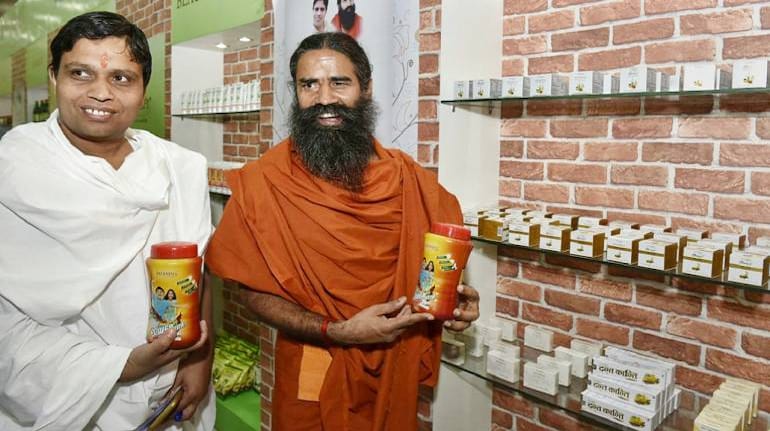



Nepal has prohibited the import of medicines from 16 Indian pharma companies, including Zydus Lifesciences and Divya Pharmacy, citing non-compliance with World Health Organization’s norms.
The Nepalese drug regulator said the step was a “routine” one and the affected companies could seek reconsideration of their applications.
“We have found 16 companies not complying with the good manufacturing practices set by WHO. This audit was conducted by the Nepalese drug authorities in the current fiscal year,” Santosh KC, senior drug administrator in Nepal’s Department of Drug Administration (DDA), told Moneycontrol.
Also read: Dr Reddy’s completes phase 1 study of key anti-rheumatic biosimilar drugAhmedabad-based Zydus Lifesciences, Divya Pharmacy, the manufacturer of yoga guru Baba Ramdev’s Ayurvedic Patanjali products, and IPCA Laboratories are among the 16 companies in the list published by the Nepalese regulator. Only a few of the Indian companies were registered with the Nepalese regulator.
“Most of the smaller companies whose names have been published don’t supply drugs to Nepal but they had applied to the regulator for supplying drugs, following which we inspected their plants and found WHO GMP violations,” Santosh said.
Curious case of ZydusAccording to the Nepalese drug regulator, Zydus Lifesciences, a major drug supplier to Kathmandu, didn’t have regulatory clearance from the Drug Controller General of India (DCGI). The Nepalese regulator said the Ahmedabad-based company was in touch with them to resolve the issue. However, the company said it continues to sell drugs in Nepal.
Also read: WHO says Swiss lab confirmed cough syrup contamination, but is silent on proof of causality“We are not in receipt of any such communication. We continue to supply drugs to Nepal,” a Zydus Lifesciences spokesperson told Moneycontrol in an email response.
Zydus Lifesciences recently acquired rights from Denmark-based Pharmacosmos A/S to market MonoFerric (iron isomaltoside) injections for treating iron deficiency in adult patients in India and Nepal.
Patanjali’s official spokesperson declined to comment on the matter.
The DDA official said the Indian pharma companies can seek reconsideration of the ban.
Also read: Gambian children’s death: Maiden Pharma’s cough syrups of standard quality, no contaminants found, says govt“There is a process to apply for reconsideration of the decision. If the companies have some certificates pending for approval from the DCGI, they can upload it. If the regulator finds them satisfactory, the ban can be revoked,” Santosh said.
Post-Gambia effect?Asked if the ban was an after-effect of the medical alert issued by WHO for alleged adulteration in cough syrups made by Maiden Pharmaceuticals, the DDA official said the ban was a routine affair.
“We had raised an alert… and found that the cough syrups by Maiden Pharma were not supplied in Nepal. The current ban is a routine process that we have been doing in the past also,” Santosh said.
Also read: Chinese firms behind AIIMS Delhi server attack: Govt sourcesNepal’s ban on Indian pharma companies comes days after the DCGI, VG Somani, said in a letter to WHO that its statement in October in the matter of Maiden Pharma was amplified by the global media and led to a narrative that targeted the quality of Indian pharmaceutical products.
“This in turn has adversely impacted the image of India’s pharmaceutical products across the globe, and caused irreparable damage to the supply chain of pharmaceutical products, as well as repute of the national regulatory framework over an assumption that has yet not been substantiated by the WHO or its partners on ground,” the DCGI said.
Other companies in the list are Radiant Parenterals, Mercury Laboratories, Alliance Biotech, Captab Biotec, Aglowmed, Zee Laboratories, Daffodils Pharmaceuticals, GLS Pharma, Unijules Life Sciences, Concept Pharmaceuticals, Shree Anand Life Sciences, Dial Pharmaceuticals, and Makcur Laboratories.
Discover the latest Business News, Sensex, and Nifty updates. Obtain Personal Finance insights, tax queries, and expert opinions on Moneycontrol or download the Moneycontrol App to stay updated!
Find the best of Al News in one place, specially curated for you every weekend.
Stay on top of the latest tech trends and biggest startup news.